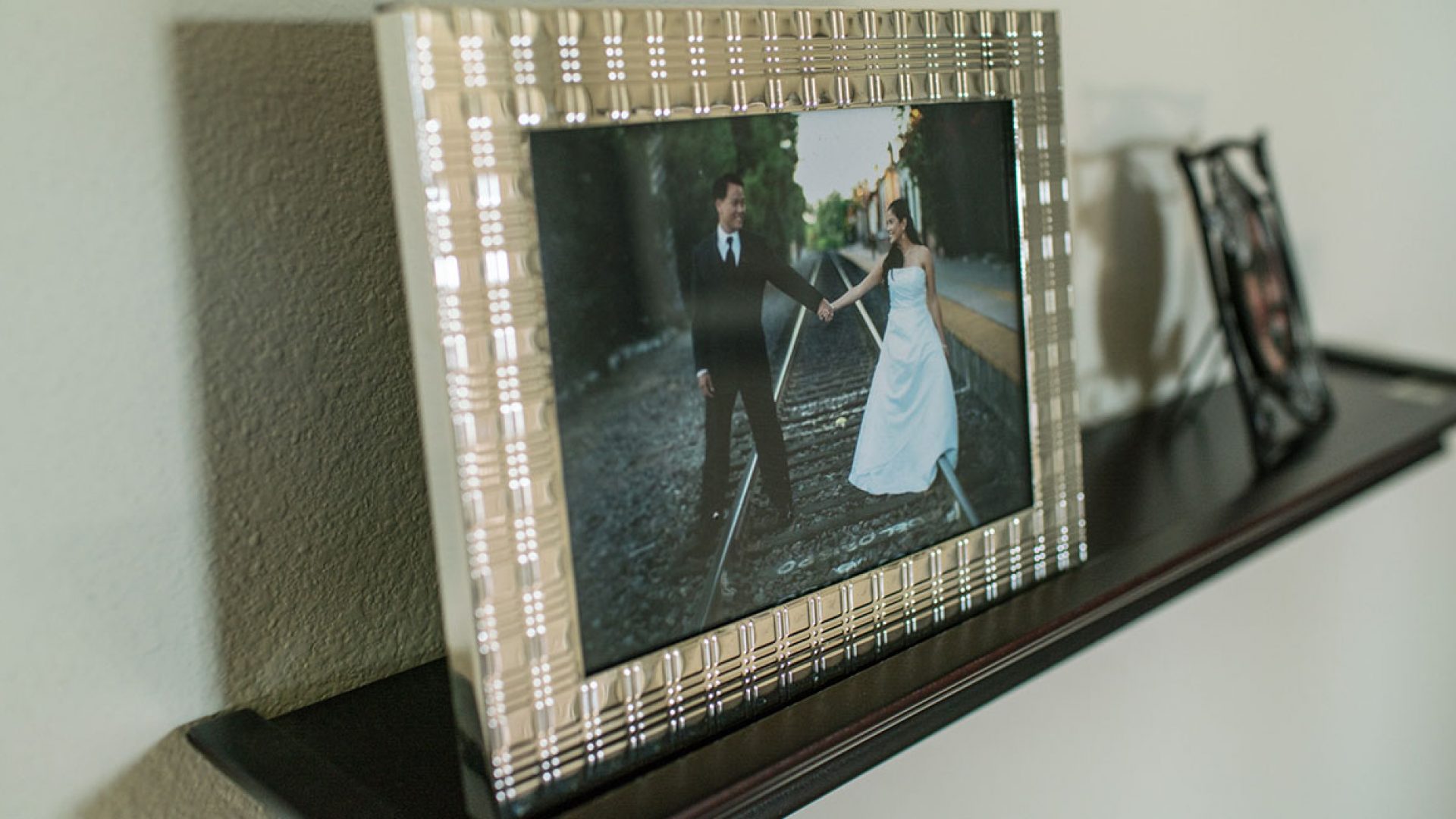It’s no coincidence that springtime is filled with wedding invitations and moving announcements, at least according a recent article by The Washington Post. When a couple decides to share their life together, combining households in a new space is often the natural next step. Planning a wedding and buying a new home at the same time can add stress to what should be the happiest time of your life. Fortunately, with proper planning and good communication, big commitments can lead to happily ever after.
Spring, which is prime time for the housing market, also happens to be the one of the most popular seasons for weddings.
Planning a marriage often sparks conversations about where to live and whether to buy or rent; sometimes those talks end up with couples deciding to become homeowners as well as husband and wife.
While buying a home and getting married are among life’s happiest occasions, there’s no question that they can also cause a lot of stress.
Once your finances are organized for a home purchase, it’s time to work on coordinating your individual priorities to find a home that works for both partners.
“A lot of first-time buyers have different views of what they want and have trouble matching that with each other and with their budget,” Nicholas says. “A Realtor can help you sort through what you want and what you need. After we’ve talked about being flexible, I have each partner write a separate list of their top three ‘have-to-have’ items and their top three deal-breakers.”
If a couple starts to argue, Nicholas diffuses the issue by suggesting that they wait until they are calm to talk about their differences. He also suggests that they get creative and come up with a compromise so that each partner gets something and each gives up something.
“We knew no home would be perfect, or, if it was, we wouldn’t be able to afford it,” Price says. “Our priorities were to stay in the city, have three bedrooms and a dedicated parking spot. We compromised on central air once we realized how few homes we could afford had it.”
The couple also wanted space to have children eventually, an open floor plan for entertaining and a guest room for out-of-town friends and family. While Daiber prefers modern homes and Price prefers Victorians, the couple compromised in picking their circa 1939 rowhouse, which has the space they want along with the original hardwood flooring and moldings Price prefers.
“A good Realtor can help buyers work through their narrative and talk with them until they have clarity about what they want,” Poist says. “I can give them an estimate of the value of different aspects of the homes they look at and where the value will be in five years.”
Poist says educating buyers with the help of a lender and a title company, followed by making an emotional connection with the buyers, can relieve the stress of buying a home.
“However, I stay clear of the wedding planning,” he says.
Tips for combining households
Determining how to handle all the assorted possessions from the union of two households can be the one of the most difficult parts of the wedding and home buying experience.
“For many couples, the process of combining households has little to do with actual items and more to do with a sense of shared ownership in starting a new chapter together,” says Jonathan Neal, president of Metropolitan Moving and Storage in Laurel, Md. “Throw in the stress of planning a wedding and purchasing a new home and there are bound to be a few disagreements.”
Neal’s tips to de-stress the move include:
● Take inventory. Make a checklist of what each person has.
● Determine how to handle each item. Label everything as you take inventory. If you have two Keurig machines or two sofas, decide if one or both should be sold or donated. Your moving company may be able to suggest area nonprofits and tell you what they accept. Knowing what you plan to keep will help you decide how much space you need in your new home.
● Consider storage options. If you can’t agree on an item or aren’t sure what to do with it, paying for storage for the short term — or long term — sometimes makes sense. If you have art or decorative items that you want to keep but not display, store them in a secure, climate-controlled environment until you decide how to use them.
● Avoid arguments. Create a plan and stick to it so that you don’t argue on moving day.
{Read the full article: In spring, couples can yearn for two big commitments: buying a home, getting married}




